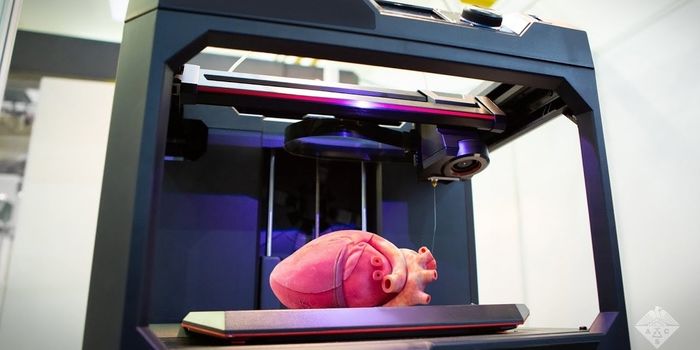It's hard enough having cancer, going through treatment without then having to endure painful swelling in the legs, hands or arms. It's called lymphedema and it's especially common in breast cancer patients. When lymph nodes have to be removed as part of treatment, the drainage system in the body is disrupted. Fluid is retained and with nowhere to go, limbs can swell. New research might have uncovered the underlying mechanism of the condition however.
In a study conducted at Stanford University School of Medicine, researchers looked at the molecular pathways of lymphedema finding that most patients had high levels of a protein called leukotriene B4 (LTB4). The drug ketoprofen, a painkiller, blocked this protein and prevented the fluid build up but has side effects. Another drug, that acts in a similar manner, Bestatin, has fewer side effects but is not approved in the US. Bestatin has been used for years in Japan as a cancer treatment. Clinical trials are underway to see if this treatment, focused on the molecular mechanism, can help cancer patients avoid painful swelling and tissue injury.








